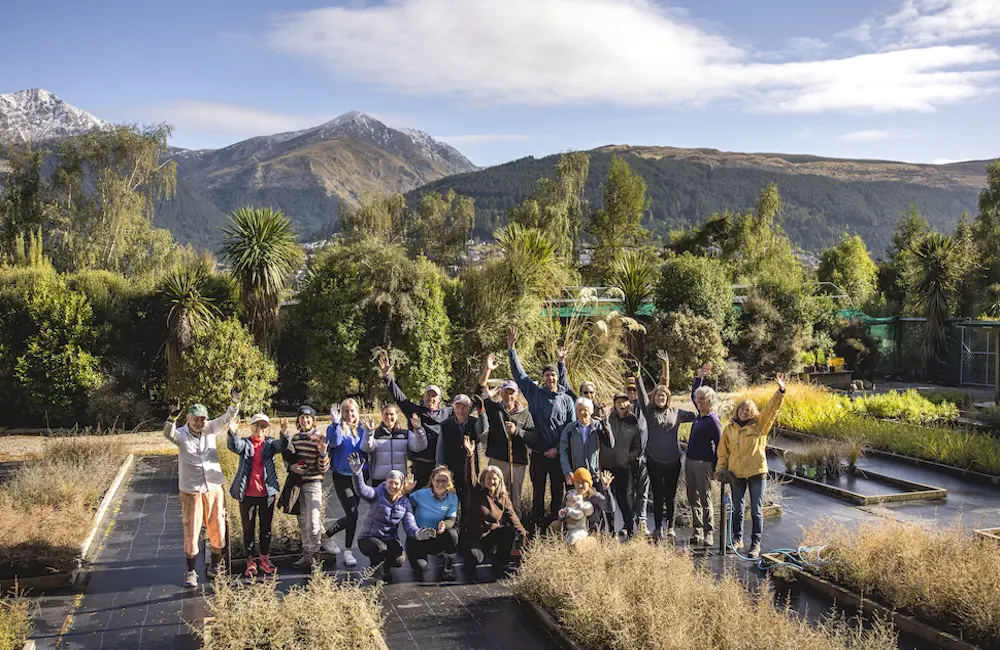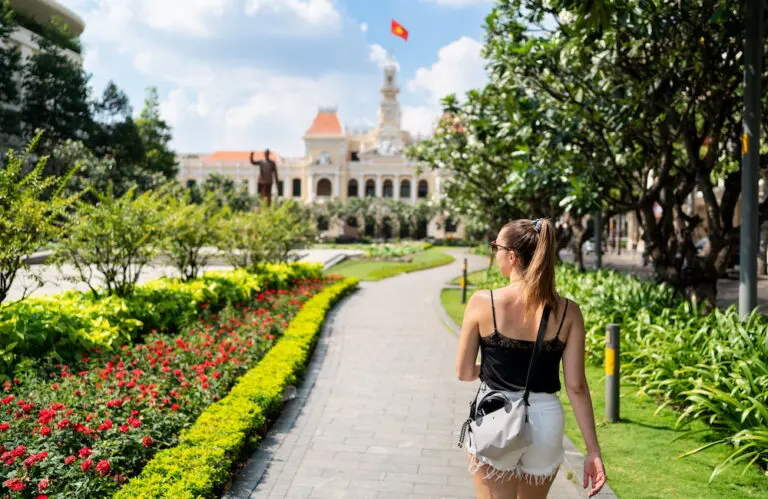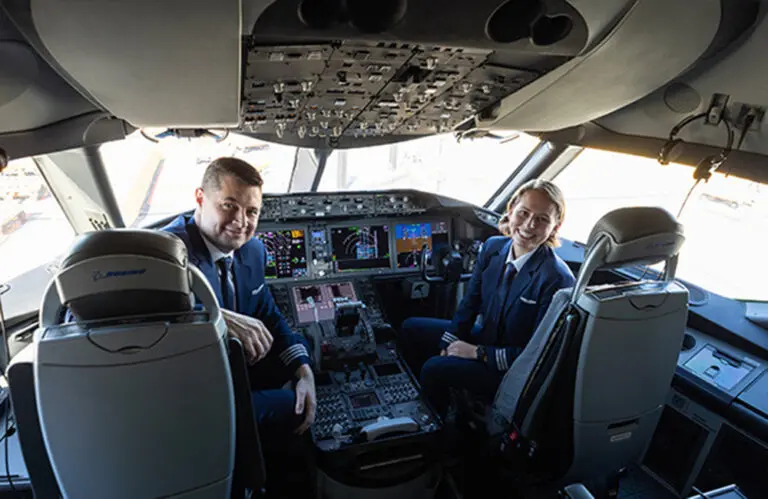New Zealand’s adventure capital, Queenstown, aspires to become a capital of regenerative tourism – and its biggest international market, Australia, will play a key role in making that happen.
According to new research by Destination Queenstown, Aussies prioritise meaningful travel experiences, focusing on forging connections with local cultures and minimising environmental impact.
The data reveals that the vast majority (87%) of Australians value learning about local culture and heritage while travelling, with most (88%) preferring locally owned accommodation and services.
Additionally, two in three (67%) are concerned about the environmental effects of their trips.
Destination Queenstown CEO Mat Woods highlights that these findings align with the region’s goal of becoming a regenerative tourism destination by 2030.

“Australians are Queenstown’s most important international market, and this research confirms their travel aspirations align strongly with our region’s vision for tourism to be regenerative, adding long-term holistic value to communities, the environment and the economy,” he stated.
Recent research also shows that Australians who engage with locals during their Queenstown visit report better experiences and higher satisfaction scores.
The study underscores Australians’ commitment to sustainable tourism, with key priorities including protecting the environment, supporting local economies and reducing tourism’s environmental impact. This shift reflects a socially conscious approach to travel.
“Australians tend to stay longer, participate in more experiences, connect with locals and take the time to explore more deeply,” Woods said.

“Visitor experience research shows that Aussies who engage with our local community report having a more positive experience overall in Queenstown and are more mindful of looking after the local environment when they travel, making them ideal visitors.
Launched in 2023, Queenstown’s “Travel to a Thriving Future” plan aims to create a carbon-zero visitor economy.
Quantity AND quality
Underlining the importance of the Australian market, Destination Queenstown hit Australia’s east coast capitals in October with its biggest-ever contingent of suppliers.
Speaking to Karryon at the Queenstown Lakes Australia Roadshow in Sydney, Destination Queenstown Trade Marketing Manager Linda McIntosh explained how the Kiwi region was prioritising “higher quality visitors” – and that Australians fit that mould, especially during the ski season.
According to McIntosh, Aussie visitors tend to stay on average around five nights. And with longer visits come more opportunities for immersive and local experiences, which in turn fuel regenerative tourism.

This compares to visitors from other markets, who only stay for two nights and think they can see it all, which McIntosh says they can’t.
“We know Australians are concerned about the environment and their carbon footprint when travelling,” Woods says.
“Queenstown’s direct short-haul connection from Brisbane, Gold Coast, Melbourne and Sydney makes it an ideal destination for Australians to visit and we invite our neighbours to make the short trip across the ditch to experience everything our region has to offer.”
Earlier this year, data showed that NZ’s adventure capital was leading the way when it comes to the destinations Aussies are returning to in Aotearoa post the pandemic.






